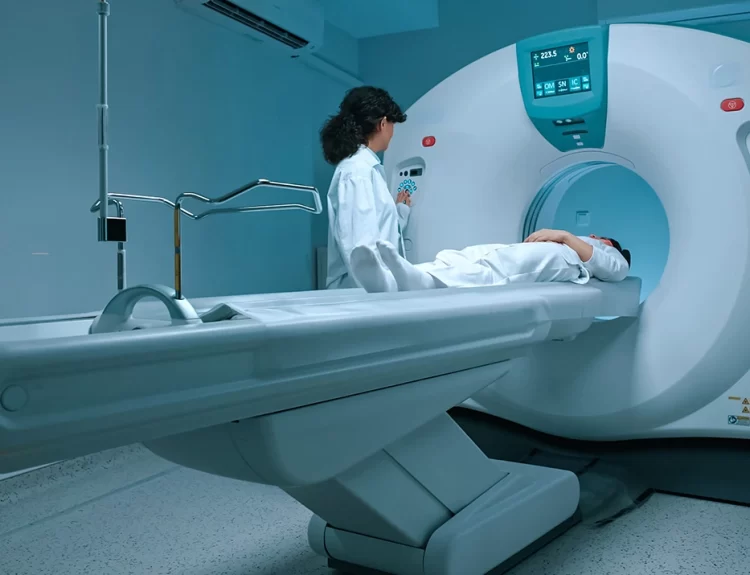Understanding the nuances of medication adherence within the sphere of cardiac care holds significance in achieving optimal health outcomes. Our recent medication adherence survey among cardiologists across geos sheds light on the complex factors influencing patients’ commitment to prescribed medication schedules. We explore the interplay between patient behavior, comprehension and the successful implementation of treatment regimens within this critical landscape.
This cardiovascular market analysis initiative extends beyond merely identifying challenges; it represents a concerted effort to comprehend the underlying barriers and complexities that impede ideal adherence. Ultimately, we aim to narrow the divide between prescribed treatments and their effective execution. Through this pursuit, we aspire to foster improved cardiac health outcomes by refining and elevating adherence practices within the patient-care landscape.
Critical Role of Medication Adherence for Cardiovascular Health
Medication adherence stands as a cornerstone in managing chronic cardiac conditions. It plays a pivotal role in ensuring treatment efficacy and mitigating risks associated with heart-related ailments. However, recent findings from our comprehensive medication adherence survey among cardiologists have unveiled a concerning trend – a significant portion, nearly 47% of these healthcare professionals report encountering patients who exhibit a lack of understanding regarding the critical importance of adhering to their prescribed cardiac medications.

The implications of this lack of understanding are substantial and multifaceted. Patients who fail to grasp the significance of their prescribed cardiac medications are more prone to inconsistent adherence or in severe cases, complete avoidance. Such behavior can result in compromised treatment efficacy, exacerbation of their cardiac condition and heightened risks of cardiovascular complications.
Furthermore, this lack of understanding contributes to challenges in effective doctor-patient communication. When patients are not fully aware of the importance of their medications, it impedes healthcare providers’ efforts to ensure informed decision-making and comprehensive care plans tailored to the patient’s needs.
In addition to the challenge posed by patients’ lack of understanding about medication importance, cardiologists have highlighted various other factors in our medication adherence survey that complicate their efforts in promoting treatments:
- Safety Profile: Another hurdle in promoting treatments lies in patients’ concerns about safety. Some individuals may hesitate or refuse treatment due to perceived risks or concerns about potential side effects.
- Teenage Rebellion: The natural desire for independence and resistance to authority often leads teenagers to reject or overlook prescribed treatments, making it challenging for healthcare providers to ensure consistent adherence.
- Language Barriers: For some patients, language differences present a substantial obstacle to treatment adherence. Misinterpretation of medication instructions or explanations about the treatment plan due to language barriers can hinder patients’ comprehension and adherence.
Approaches to Bridge the Gap in Patient Understanding of Medications
Addressing the issue of patients’ lack of medication understanding and adherence requires collaboration among patients and relevant stakeholders.
Clear communication strategies are essential, focusing on educating patients comprehensively about their medications, their purposes, potential side effects and the vital role they play in managing cardiovascular health.
Encouraging patients to actively engage in their treatment plans is equally vital. Seeking clarification, asking pertinent questions and diligently adhering to prescribed medication schedules empower patients to take charge of their health effectively and participate proactively in their own care.
Additional Hurdles Impeding Patients’ Adherence to Recommended Medications
Patients face various hurdles in adhering to recommended medications, as highlighted in our cardiovascular market analysis:

- Forgetfulness: Notably, 24% of cardiologists acknowledged forgetfulness as a prominent challenge. Patients may struggle to maintain consistent adherence to their medication schedules due to lapses in memory, impacting the effectiveness of their treatment.
- Cost of Medications: Financial constraints affect adherence, with 14.6% of cardiologists citing the cost of medications as a significant hurdle. The financial burden associated with acquiring prescribed drugs often leads to inconsistent adherence or non-compliance among patients.
- Perceived Medication Necessity: Another notable factor, recognized by 12.2% of cardiologists, is the belief among patients that medications are no longer needed. This misconception can prompt patients to discontinue their medications prematurely, unaware of the potential risks posed by ceasing treatment without medical guidance.
- Complex Medication Regimens: A smaller yet impactful challenge reported by 4.9% of cardiologists in our cardiovascular clinical research is the complexity of medication regimens. Intricate dosing schedules or multiple medications can overwhelm patients, making it difficult for them to adhere strictly to their prescribed regimen.
Navigating the aforementioned hurdles requires tailored approaches. Providing patient education on the importance of adherence, implementing reminder systems, exploring cost-effective options and simplifying medication regimens wherever possible are essential strategies to overcome these impediments and enhance patients’ commitment to their prescribed treatments.

Encouraging Adherence Amidst Challenges
Amidst the myriad challenges faced in promoting medication adherence, a glimmer of optimism shines through. Our medication adherence survey revealed that a substantial 57% of cardiologists have observed commendable adherence rates among their patients, with adherence levels reaching an impressive 75-100%. This revelation stands as a testament to the potential for success in ensuring patients follow their prescribed treatments diligently.
However, a concerning aspect lies within these promising statistics from our cardiovascular market analysis. A startling 60% of these healthcare professionals rely on patient self-reporting as the primary method for evaluating medication adherence. While self-reporting serves as a convenient means of assessment, it raises questions regarding accuracy and reliability. Patients might overestimate their adherence, leading to an inflated perception of their medication compliance.

The reliance on self-reported data for assessing adherence emphasizes the need for more accurate and objective evaluation methods. Implementing strategies such as pill counts, pharmacy refill records or digital adherence monitoring tools could offer a more precise assessment of medication adherence levels. Such approaches can provide a clearer picture of patient adherence behaviors, enabling healthcare providers to tailor interventions effectively and improve adherence rates.
Conclusion
The findings from the Medication Adherence Survey deliver a stark message – a transformative shift towards patient education, crystal-clear communication and the active involvement of patients in their treatment plans is not just necessary; it’s the catalyst for a revolution in medication adherence.
These strategic initiatives have the power to reshape individual patient outcomes, setting an unprecedented standard of excellence in cardiac care.







